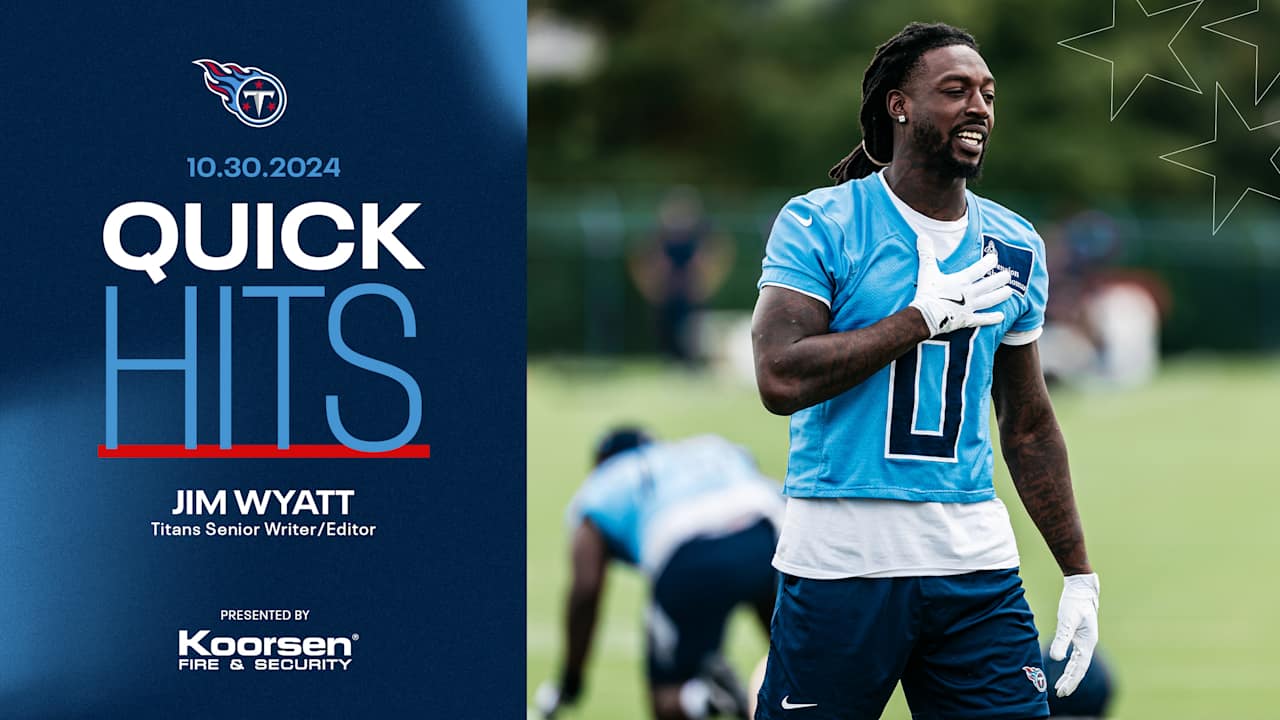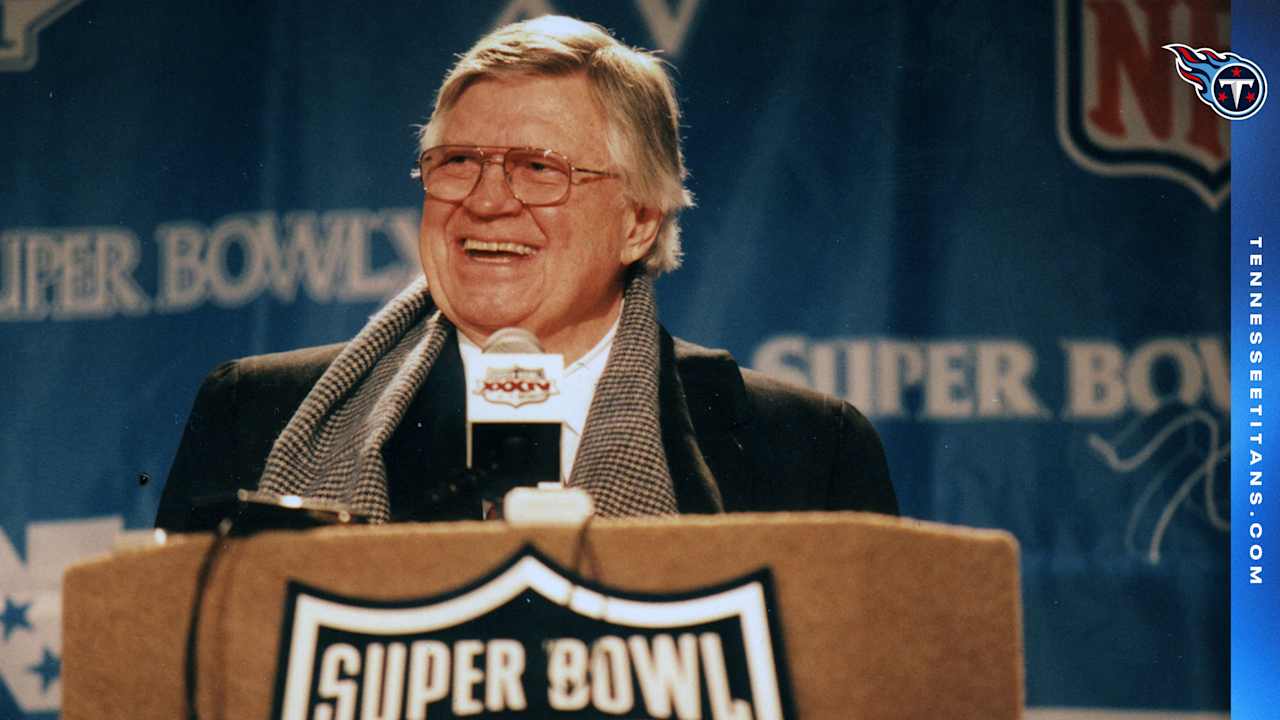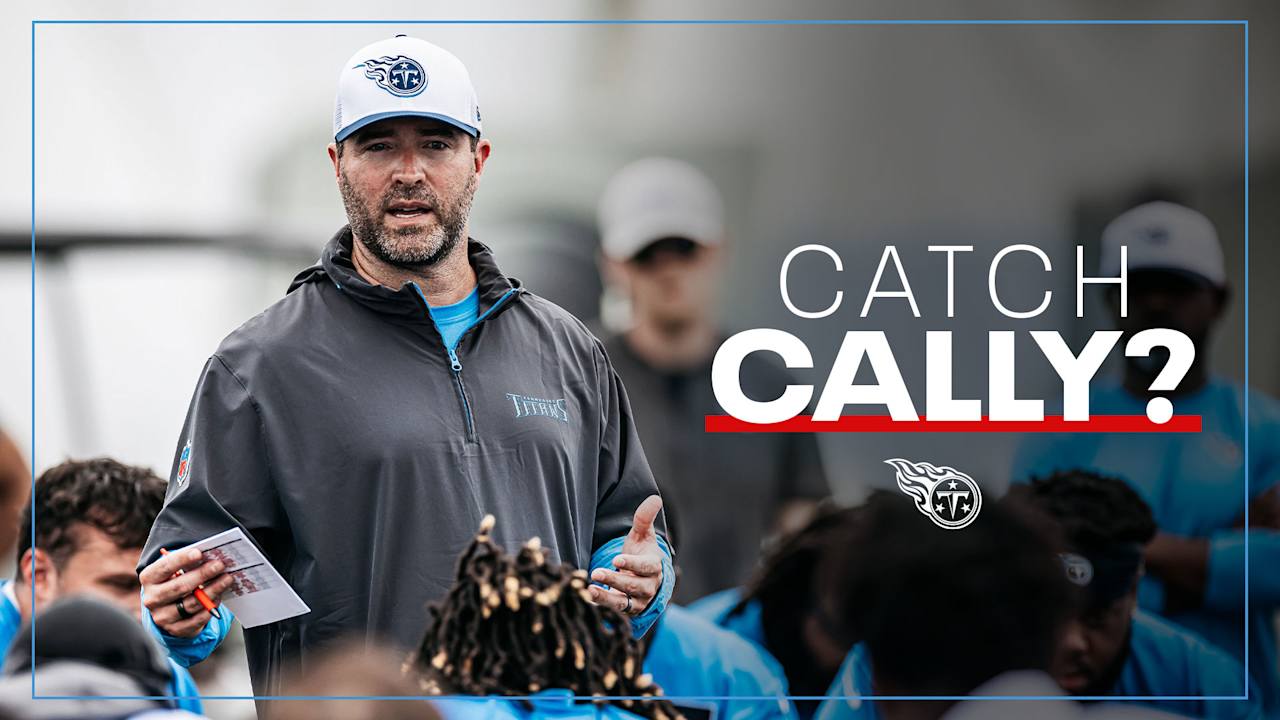The conference room on the 22nd floor of EMPIRE’s San Francisco office is brightly lit, with plaques covering the walls: a gold single for King Von’s “Crazy Story,” a gold album for Kendrick Lamar’s Section.80, a seven-times platinum certification for D.R.A.M. and Lil Yachty’s “Broccoli.” Every chair around the big central table is full of EMPIRE staff members, each charged with different aspects of bringing to life the next project from Dinner Party, the collective comprised of Terrace Martin, Robert Glasper, Kamasi Washington and 9th Wonder, among others; their first EP was released by EMPIRE in 2020 and subsequently nominated for a Grammy for best progressive R&B album.
Standing by the table near the door is Martin — the multi-talented producer, saxophonist and vocalist — who introduces the project to the staff and lays out his vision for how he wants to see it rolled out.
“I look at Dinner Party as like the hip-hop version of Steely Dan,” Martin says, referencing the classic rock group’s famous aversion to touring. “Let’s keep this one thing as like an expensive art piece.”
It’s late afternoon, and the EMPIRE crew is hosting another day of its Africa writing camp at its San Francisco studio for Nigerian stars Fireboy DML, Asake and Olamide. But first, there’s other business to attend to, and the Dinner Party project is high on the agenda. Martin holds court for nearly two hours, discussing plans for the physical release, for spot-date performances and for possible brand tie-ins and content plans when the project is rolled out. But he’s also playing near-final mixes of the album, which he hopes to complete within the week, and telling stories about how it came together (“We’re all in our 40s now,” he jokes about he and his Dinner Party cohorts. “You get us all together and it’s just story time, story after story.”)
One song, for instance, originally sampled Mtume’s “Juicy Fruit,” more famous these days as the basis for The Notorious B.I.G.’s “Juicy.” When Martin heard it, he called Mtume’s son to ask about clearing the sample, who replied not with permission but with the stems to his father’s original track; that allowed Martin to bypass clearing the master recording and left him needing only to clear the publishing side. For another song, Martin eschewed drums altogether — something he picked up from his 19-year-old daughter, who is now a producer herself. “I come from the era where a beat with no drums was an interlude,” he says. “I’m following her now.”
The meeting wraps before 6 p.m., and now it’s time to head over to the studio. The vibe is a little different tonight. Asake and Olamide have stayed at their hotel — where Olamide has been recording vocals in his room — the kitchen is playing Tupac instead of Kevin Gates, and Nigerian vegetable soup, fried catfish, smothered turkey wings and mac and cheese are the main events at dinner. (Though all anyone is talking about is how hot the pepper sauce is.)
Fireboy and Asake stayed in the studio until after midnight the night before cooking up another collaboration, and while Asake isn’t there now, Fireboy is, meeting Martin and adding in vocals and guitar to another song he’s working on. (The guitarist, Tone, sports a black triple-humbucker Fender Telecaster Deluxe, for those curious.) The vocals constitute an anthemic plea that Fireboy pores over with his engineer in Studio C, looping the vocals on the hook again and again to get them right then hopping back into the vocal booth to add harmonies and ad-libs while reading lyrics off his phone. Steadily, over the course of 45 minutes, the two add layer after layer to the track, reinforcing melodies and bringing forth different textures until Fireboy sits back in his chair, looking up at the ceiling and taking it all in.
It’s been more than a week since the camp began, and the conversations around the studio are diverse. Topics include the benefits of vocal coaching for an artist going on tour; the Nigerian presidential election; who is leaving from and coming to camp (songwriter Ivory Scott left this morning, Rexx Life Raj is set to arrive tomorrow, and Nigerian producer Magicsticks is on the way); and the studio’s many renovations. EMPIRE is planning to open a space in Los Angeles, too, and recently did the same in New York, though San Francisco will always be home.

Shortly after 8 p.m., EMPIRE regional head of West Africa, Mobolaji Kareem, pulls us into Studio A to listen to a final mix of a new Kizz Daniel track that engineer Jaycen Joshua completed that morning. Right on cue, Daniel calls on FaceTime, dictating the custom lighting to tell us which color the room needs to be to listen to the track and promising to get out to the new studio when he can. But it’s an early night for just about everyone involved. The exception is Fireboy, who stays in the studio after many have left even though his voice is tired from the constant grind of recording. Tomorrow is another day, and more work is expected before things wrap in another week.






